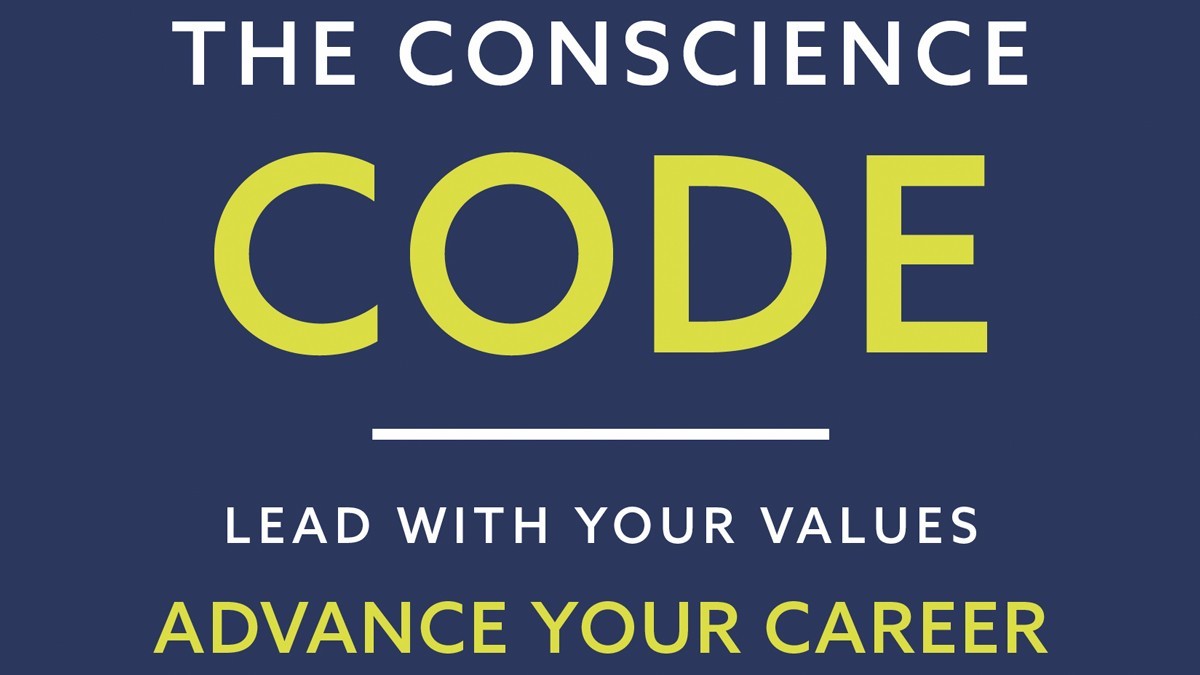I teach a course on creating ethical cultures at the Wharton School. Early in my experience teaching it, I was stunned by a comment made by a student near the end of the course. Asked what she might do differently about observed wrongdoing now that she had completed the class, she replied: “To be honest, probably nothing. I realize that I just do not have the personality to handle conflicts like this.”
A light went off in my head: ethics and compliance depend on people. And people have personalities. What can we do to reach employees who have personality-based anxieties about conflict of every kind, not just ethical conflicts? How can we bring them into speak-up cultures?
In my new book, The Conscience Code: Lead with Your Values. Advance Your Career (HarperCollins Leadership 2021), which is based on my Wharton course, I offer three concrete answers to this question.
Identify Ethics-Relevant Aspects of Personality
Research suggests that there are a handful of ethics-relevant aspects of personality. These include the conflict aversion I note above. In addition, scholars have pointed to two of the so-called 6-factors in the latest HEXACO model of personality, Conscientiousness and Honesty-Humility. Other ethics-relevant personality traits include “Locus of Control” and “Guilt-“ and “Shame-Proneness.”
Provide Self-Assessments and Train Employees on What They Mean for Ethics
Survey what your organization is offering about personality in its leadership and professional development programs. Then build on that in ethics training. I provide some simple assessments in The Conscience Code to help your employees become aware that this factor may be a potential obstacle to encouraging a speak-up culture. Click on this link to take one of these assessments and follow the prompts. This Conflict Styles Assessment takes only a few minutes and can provide you with insights into obstacles you may face when you have a conflict at work over core values such as honesty, fairness, or justice.
Give Employees Conflict-Resolution Tools
Every personality trait is both a strength and a weakness and there are tools that can support employees in ethical conflict situations. For example, research shows that conflict-averse people often find the courage to act when they have a trusted partner beside them. Set up peer-coaching teams with the employee’s personality factor in mind.
Conclusion
Personality, like the part of an iceberg hidden beneath the surface, may be one of the largest factors holding back an otherwise well-designed ethics and compliance system. By shining a light on it, you can contribute both to your system’s effectiveness and to your employees’ personal growth and professional development.
This guest post is from G. Richard Shell who is the Thomas Gerrity Professor of Legal Studies, Business Ethics and Management at the Wharton School of the University of Pennsylvania. His books on negotiation, persuasion and ethics have sold over half a million copies worldwide.



